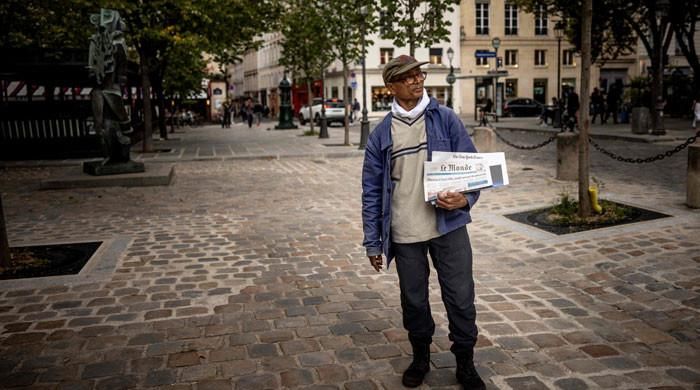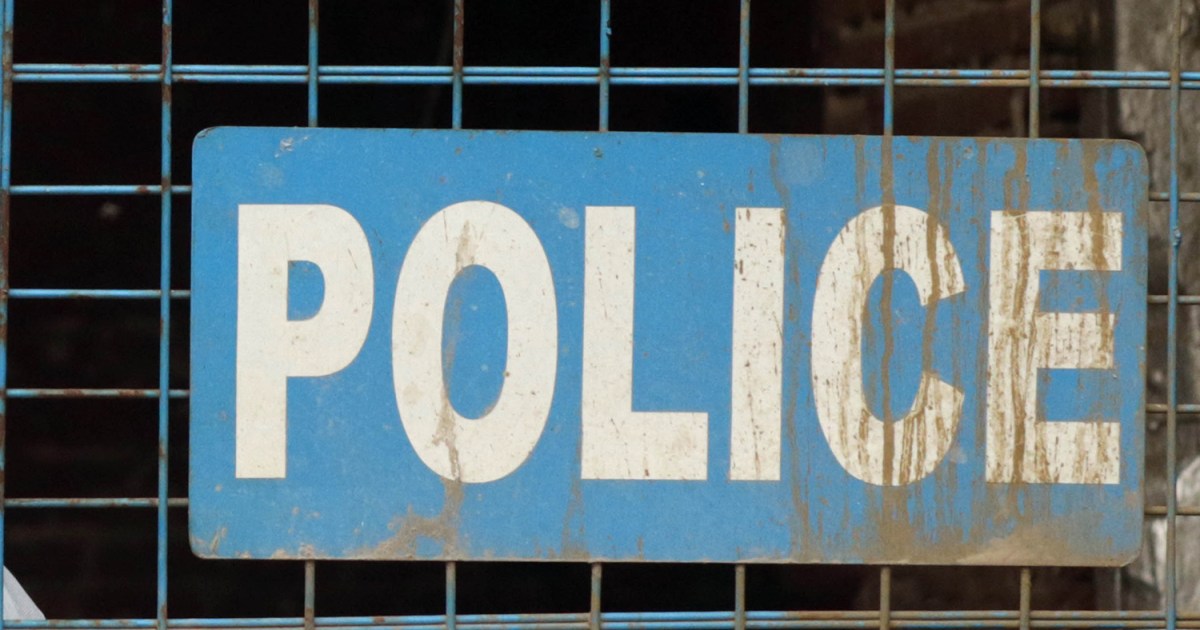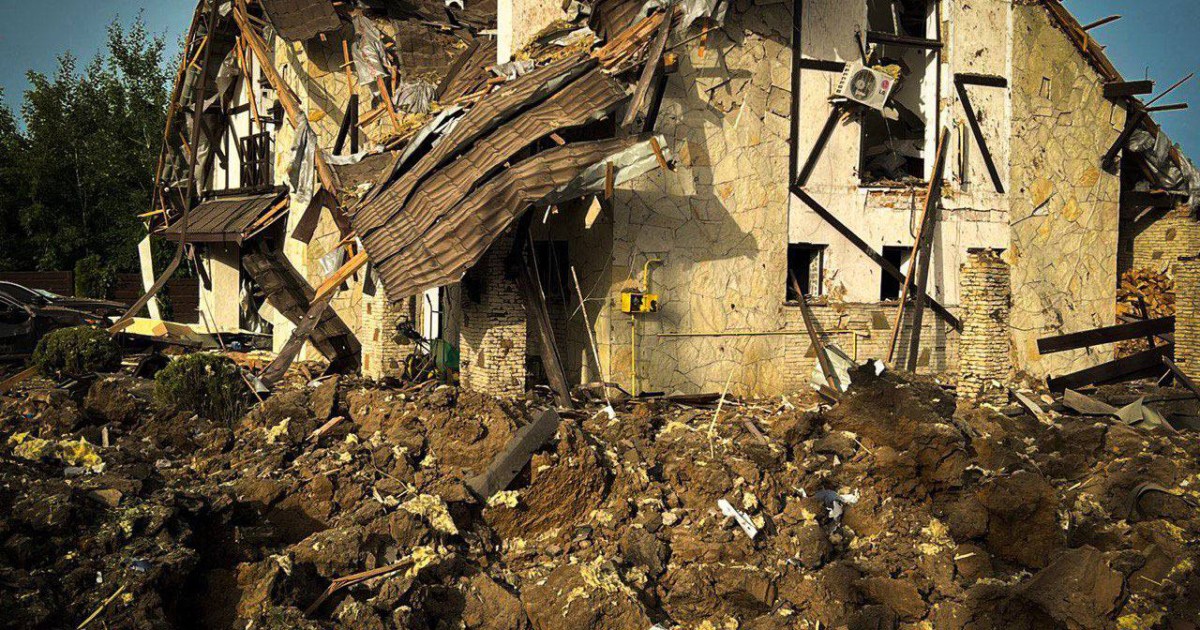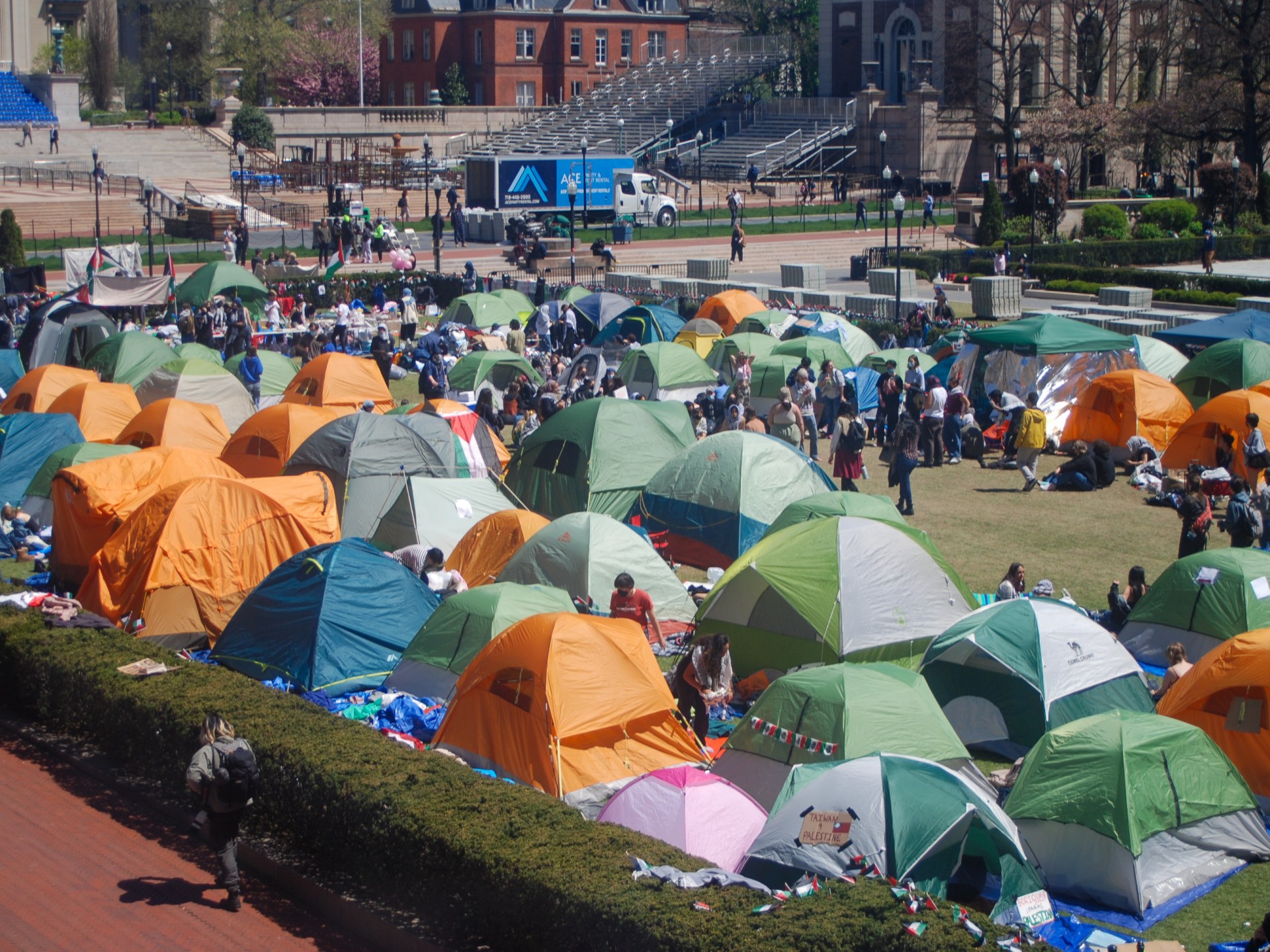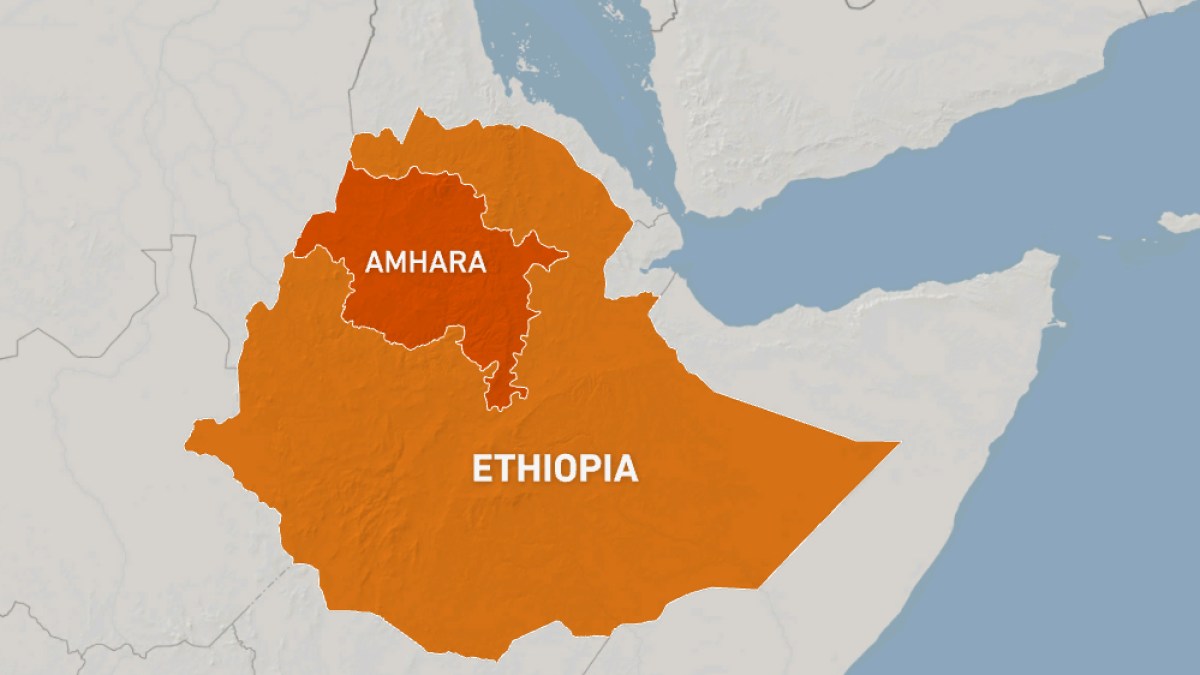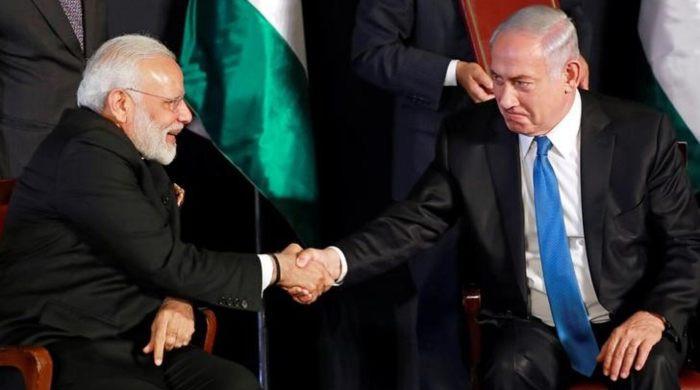Ali Akbar meets everyone, and everyone knows him. The last newspaper seller in Zigzags in Paris every day from coffee to coffee, shouting humorous headlines in the heart of the French capital.
“France is improving!” He cries, only one of the headlines he invents to sell his products around the luxury streets of Saint-German-Des-Pres.
“(Eric) Zemmour has become Islam!” Shouts, referring to the extreme right candidate in the presidential elections of 2022.
The locals and tourists on the left bank, the intellectual and cultural heart of Paris, look fun.
“Even the walls could talk about Ali,” Amin Qissi smiled, a waitress in a restaurant in front of Marche Saint-Germain, who meets Akbar for more than 20 years.
Now, 73, Akbar, a thin “character” with rates with hidden newspapers under his arm, is a legend of the neighborhood, he added.
“Even regular tourists ask where they are if they don't see it,” he said AFP.
Hard life
The French president, Emmanuel Macron, promised that Akbar a gentleman in the National Order of Merit in recognition of his “service dedicated to France.”
“At first, I didn't believe it. Friends must have asked him (Macron) or maybe he decided on his own. We often crossed when he was a student,” Akbar said.
“I think it's related to my courage, because I've worked hard,” he added.
Akbar, who wears round glasses, a blue work jacket and a gavroche cap, mainly sells copies of the French newspaper Le Monde.
When he arrived in France at the age of 20, hoping to escape poverty and send money to his family in Pakistan, he worked as a sailor, then dishwasher in a restaurant in the northern city of Rouen.
Then, in Paris, he ran into Georges Bernier, the tumorist also known as Professor Choron, who gave him the opportunity to sell his satirical newspapers Hara-Kiri and Charlie Hebdo.
Akbar has been homeless, has experienced extreme poverty and had even been attacked, but despite the difficulties, he said he has never given up.
“Emmanuel Macron is going to put some antiseptic in my wounds,” Shahab told his son, who at 30 is the youngest of his five children.
Shahab, who describes himself as “very proud” of his father, enjoys cataloging the numerous profiles dedicated to his father in the foreign press.
When he started as a street vendor in the 1970s, Akbar focused on the left bank of the Seine River, which was a university area “where you could eat at a low price,” he said.
In Rue Saint-Guillaume in front of the prestigious Po Sciences University, he remembered having learned the French of interactions with students such as former Prime Minister Edouard Philippe and “many others who became ministers or legislators.”
'A good humor'
Paris used to have around 40 street vendors of newspapers, street suppliers without a fixed newspaper kiosk, which were published in strategic locations such as entries to the Metro stations.
Akbar stood out choosing walking, selecting the Latin Quarter. In the 1980s, he began inventing sensational headlines.
“I want people to live happy. I do it to create a good humor, that's it,” he said.
But he admitted that it is increasingly difficult to find good jokes.
“Everything is a disaster,” he added.
Akbar, who receives a pension of 1,000 euros ($ 1,175) per month, still works from 3 pm to 10 pm every day.
When AFP I met him on a recent afternoon, customers were few and distant. On average, it sells around 30 newspapers every day, compared to between 150 and 200 when it began.
“As long as I have the energy, I will continue. I will work until I die,” he joked.
On the terrace of a coffee, Amel Ghald, 36, said Akbar was “inspiring.”
“It's good to see it in the digital age,” he said. “Unfortunately, our children will not experience the pleasure of reading a newspaper with a coffee.”

